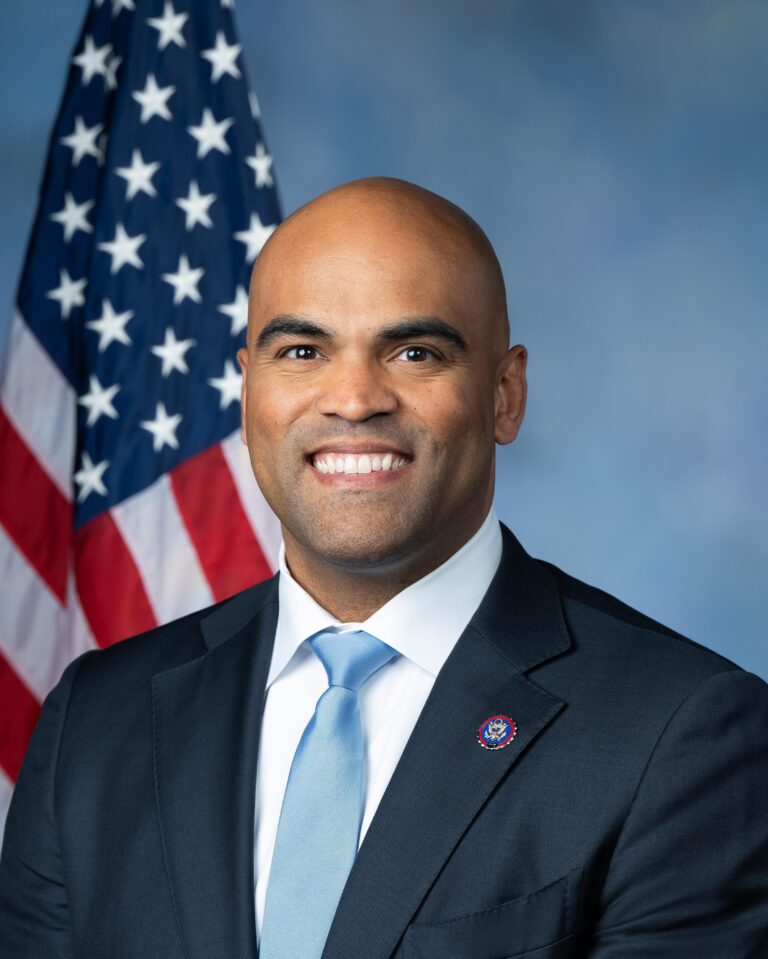Texas Senate Showdown 2024: Colin Allred Takes on GOP Powerhouses
Colin Allred’s Bold Bid to Challenge Texas Republican Giants
In the fiercely competitive 2024 U.S. Senate race in Texas, Democratic Congressman Colin Allred is stepping up to confront two of the state’s most influential Republican figures: Attorney General Ken Paxton and Senator John Cornyn. Texas has long been a Republican bastion, but shifting demographics and evolving political attitudes are injecting new energy into this contest. Allred, a former professional football player turned legislator, is leveraging his record on healthcare reform, voting rights, and urban development to appeal to a changing electorate that increasingly values progressive policies.
The race’s intensity is fueled by several key trends reshaping Texas politics:
- Rapid urban expansion in cities like Houston, Dallas, and Austin, which are trending Democratic
- Heightened voter engagement among minority populations, particularly Hispanic and younger voters
- Robust fundraising efforts that enable Allred to compete financially with well-established GOP campaigns
| Candidate | Political Profile | Core Campaign Issues |
|---|---|---|
| Colin Allred (D) | Moderate Democrat with growing influence | Healthcare reform, voting rights, urban growth |
| Ken Paxton (R) | Incumbent Attorney General, controversial figure | Conservative law enforcement, limited government |
| John Cornyn (R) | Veteran Senator, Senate GOP leadership | Tax policy, national security |
Contrasting Policy Visions: Allred Versus Paxton and Cornyn
Colin Allred’s platform distinctly diverges from his Republican rivals, focusing on expanding healthcare access, enhancing educational opportunities, and advancing environmental initiatives. His advocacy for Medicaid expansion and prescription drug price controls stands in stark contrast to Paxton and Cornyn’s preference for deregulation and limited government intervention. On climate change, Allred supports aggressive clean energy policies, while Cornyn emphasizes protecting economic growth and energy sector jobs.
Breaking down the candidates’ stances across major policy areas reveals the ideological fault lines shaping voter decisions:
| Policy Area | Colin Allred | Ken Paxton / John Cornyn |
|---|---|---|
| Healthcare | Supports Medicaid expansion, drug price reforms | Opposes Medicaid expansion, favors deregulation |
| Environment | Advocates for clean energy and emission reductions | Prioritizes economic growth, limits environmental regulations |
| Education | Pushes for increased funding and affordable higher education | Emphasizes school choice and reduced federal involvement |
| Economic Policy | Supports infrastructure investment and labor rights | Promotes tax cuts and deregulation for businesses |
- Healthcare: Allred’s expansionist approach contrasts with GOP resistance to government-led programs.
- Climate Policy: Allred’s environmental agenda challenges the Republicans’ focus on energy sector protections.
- Education: Allred favors broader access, while Republicans prioritize privatization and choice.
Demographic Shifts and Voter Turnout: The Deciding Factors
The evolving demographic makeup of Texas is central to this Senate race’s outcome. The state’s population growth is driven largely by younger voters and Hispanic communities, groups that have shown increasing political engagement in recent elections. Urban centers such as Houston, Dallas, and San Antonio are experiencing a surge in voter participation, fueled by first-time voters and a generation prioritizing healthcare, climate action, and social justice.
Voter turnout will be a critical determinant in whether Allred can overcome the entrenched Republican incumbents. Early voting data indicates a motivated Democratic base, but Republicans maintain strong support in suburban and rural areas. Both campaigns are intensifying efforts to mobilize voters through:
- Targeted voter registration drives in underrepresented communities
- Expanded access to early and mail-in voting options
- Grassroots outreach including door-to-door canvassing and local events
| Demographic Segment | Estimated Share of Electorate | Projected Turnout Rate |
|---|---|---|
| Young Adults (18-29) | 25% | 52% |
| Hispanic Voters | 37% | 57% |
| Suburban Residents | 28% | 68% |
| Rural Communities | 10% | 74% |
Strategic Approaches for Allred to Break GOP Dominance
To successfully challenge the Republican stronghold, Allred’s campaign must prioritize grassroots engagement that taps into Texas’ diverse and growing electorate. Building alliances with community leaders and strengthening neighborhood networks can activate voters who have traditionally been overlooked. Concentrating efforts in urban and suburban districts, where demographic trends favor Democrats, could shift the electoral balance.
Crafting compelling, issue-focused messaging that resonates with a broad audience yet sharply contrasts with GOP policies is essential. Key themes for Allred’s campaign include:
- Economic security: Addressing inflation and job stability concerns for working-class families.
- Healthcare reform: Advocating for affordable medical care to ease financial burdens.
- Protecting voting rights: Countering Republican-led efforts to restrict ballot access.
| Tactic | Expected Outcome | Focus Group |
|---|---|---|
| Grassroots Mobilization | Boost voter turnout and engagement | Young voters and minorities |
| Issue-Centric Campaigning | Enhance voter persuasion and loyalty | Middle-income families |
| Building Broad Coalitions | Expand statewide support base | Progressive and moderate voters |
Conclusion: The Road Ahead in Texas’ Senate Battle
The 2024 Senate race in Texas is shaping up as a high-stakes contest between Democrat Colin Allred and Republican incumbents Ken Paxton and John Cornyn. Despite the GOP’s entrenched presence and substantial resources, Allred’s campaign is buoyed by demographic shifts and a platform that appeals to a changing electorate. The election’s outcome will hinge on voter turnout, campaign effectiveness, and broader national political currents. As the Lone Star State prepares to cast its ballots, the results could reverberate far beyond Texas, influencing the balance of power in the U.S. Senate.




